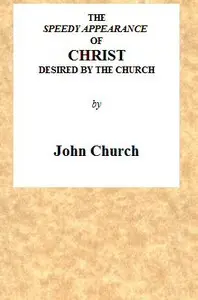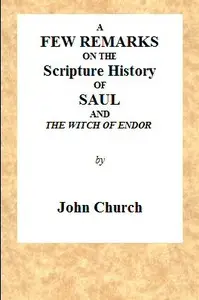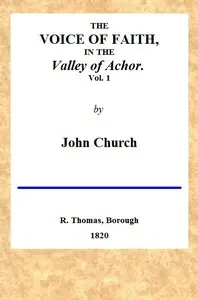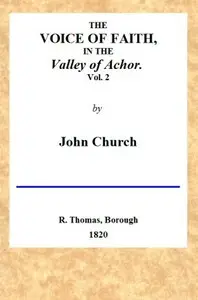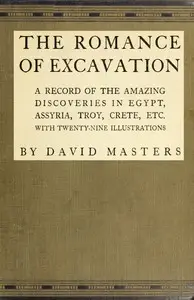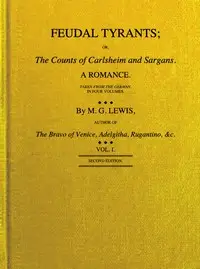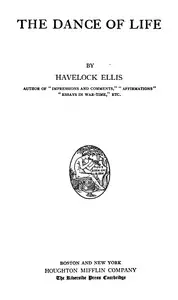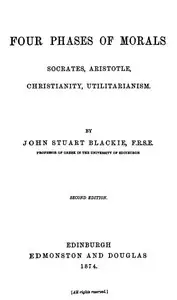"The Believer's Confidence in a Faithful God" by J. Church is a sermon written in the early 19th century that reflects on the trials and confidence of believers in their God. This piece combines theological reflection with pastoral care, conveying the challenges faced by the faithful amidst persecution and the steadfast hope instilled through their faith. It addresses the struggles of believers and emphasizes the assurance that, despite adversities, God's presence and deliverance are guaranteed. In this sermon, Church uses the biblical text from Micah to frame his message of hope, expressing the idea that while believers may face falls into trouble or darkness, they can trust in God's faithfulness to lift them up and guide them through their difficulties. The sermon resonates with themes of resilience, divine providence, and the relationship between human suffering and spiritual growth. Throughout the text, Church encourages his listeners to remain steadfast in their faith, affirming that God’s mercy and love will ultimately prevail over the challenges posed by enemies of the faith. The closing prayer is a heartfelt appeal to God for aid and resilience amidst trials, reinforcing the importance of reliance on divine support in such trying times. (This is an automatically generated summary.)
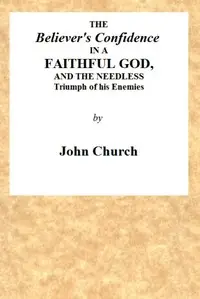
The Believer's Confidence in a Faithful God and the Needless Triumph of His Enemies Considered, in a Sermon, Preached on Lord's Day Morning, November 23, 1817, at Seven O'clock, at the Surrey Tabernacle
By J. (John) Church
"The Believer's Confidence in a Faithful God" by J. Church is a sermon written in the early 19th century that reflects on the trials and confidence of...
Genres
Released
2018-12-26
Formats
epub
epub (images)
mobi (images)
epub3 (images)
mobi
Free Download
Overview
About the Author
John Church was an Independent minister who was most famous for his involvement in the homosexual scandal of the Vere Street Coterie. He is claimed by some as the first openly ‘gay’ ordained Christian minister in England. Contemporary rumours about this are unproveable one way or the other, though circumstantial evidence may suggest that his "inordinate affections which led me into error" could be referring to homosexuality.
Total Reviews
10.0k
Total reviews from Goodreads may change

